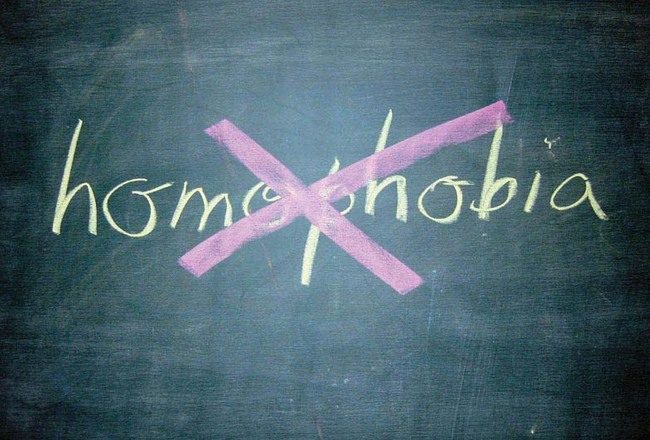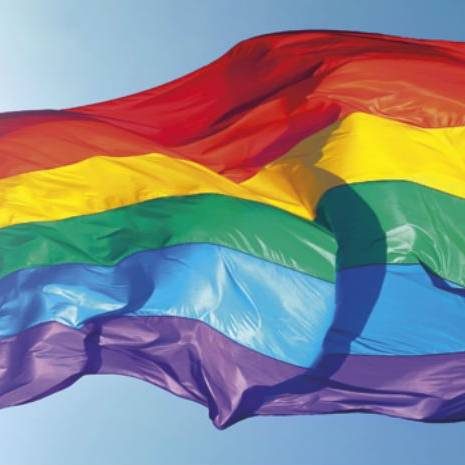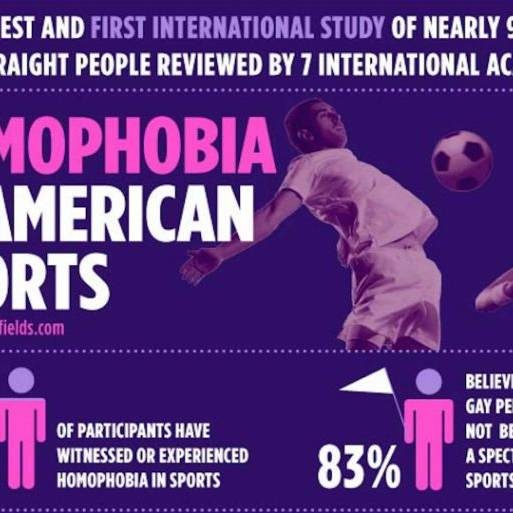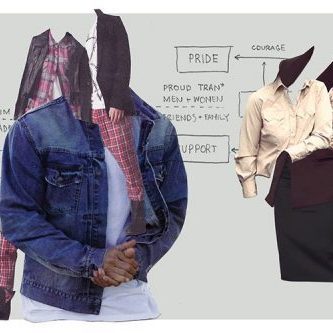 International LGBT2020 Homophobia Report reveals widespread homophobia, violence and harassment of LGBT people in countries all over the world
International LGBT2020 Homophobia Report reveals widespread homophobia, violence and harassment of LGBT people in countries all over the world
Data released from the world’s largest research program into the lives of lesbian, gay, bisexual and transgender (LGBT) people has revealed the extent to which LGBT people suffer harassment, discrimination, refusal of goods and services and violence because of their sexuality.
The LGBT2020 study measures these data on a global scale for the very first time. The findings released in conjunction with IDAHO day (The International Day Against Homophobia and Transphobia) which is held annually on 17 May, give the clearest picture to date about the widespread levels of harassment and discrimination that LGBT people face on a daily basis in countries right around the world.
The Report
The ‘Out Now Global International LGBT2020 Homophobia Report‘ research was conducted by the worldʼs leading LGBT consulting firm Out Now Global as part of the ‘Out Now Global LGBT2020 Study’ /lgbt2020 . This groundbreaking project is the largest global research project into the lives of LGBT people that has ever been undertaken, and to date, the LGBT2020 study has collected data in 12 languages from almost 100,000 LGBT respondents in 21 countries around the globe on a variety of topics, including workplace and discrimination issues. Countries sampled during 2012 for the LGBT2020 research report include Argentina, Australia, Austria, Brazil, Canada, Chile, Ecuador, France, Germany, India, Ireland, Israel, Japan, Mexico, Netherlands, Peru, Poland, Turkey, United Kingdom, United States, Uruguay. (Those in bold are included in the report released by Out Now for 2013 IDAHO Day.)
The Results
The results highlight several key global trends for LGBT people among findings that are relatively consistent across the various countries tested, including the countries in the LGBT2020 study not included in this new report. These data reveal the prevalence of homophobia, which is still endemic and appears to be culturally ingrained in societies globally. The new ‘Out Now Global International LGBT2020 Homophobia Report’ highlights that discrimination, harassment and violence is occurring to LGBT people because of their sexuality all over the world, and shows that even in the most progressive western countries not everyone who identifies as being either LGB or T is able to be complete ‘out’ or open about their sexuality either at work, with friends or with family.
True lack of visibility for LGBT people in society
The research also reveals that more than 50% of respondents tested believe there are problems of varying degrees of severity for LGBT people in their own workplace. While these findings highlight the extent of discrimination and harassment of LGBT people they may only reveal part of the problem. The research shows that even in a country as socially progressive as the Netherlands for example, the percentage of LGBT people who are able to be out to everyone at work (65%), with family (77%) and with their friends (83%) is not totally showing that issues in coming out are real and affect interpersonal relationships across society. This ability to be ‘out’ drops to just 17% (at work), 21% (with family) and 26% (with friends) in Japan, where cultural norms make it far more ‘unacceptable’ for LGBT people to be open about their sexuality or gender identity. The new LGBT2020 homophobia figures reveal the true lack of visibility for LGBT people in society, particularly in the workplace, where even in a country as reportedly accepting as the Netherlands – more than one in every three (35%) of all LGBT respondents feel that they are unable to completely be themselves with their colleagues at work. This lack of visibility because of reluctance amongst many LGBT people to come out about their sexuality or gender identity is explained by another finding of the research.
The risk of harassment, discrimination and violence
There is a very real threat that out and open LGBT people risk harassment, discrimination and violence – both verbal abuse and physical assaults – in the societies in which they live, all over the world due to their sexuality or gender identity. The ‘Out Now Global International LGBT2020 Homophobia Report’ shows that there is a particular lack of visibility (known as ‘being in the closet’) for LGBT people globally which is especially prevalent in certain countries including Japan, Turkey, Mexico, France and Brazil. With fewer visible ‘out’ LGBT people in these countries, the actual levels of homophobia could be far higher than reported as people who feel unable to be out are often adopting this tactic as part of a strategy to minimise homophobia and transphobic incidents against themselves. There is a strong correlation with how out people are in a particular country in their places of work, with how well they feel LGBT people generally are treated in the workplace, indicating that countries, where people are less likely to be out at work, are also those countries where LGBT respondents feel LGBT people in the workplace are treated poorly. Issues of homophobia and transphobia are not defined by levels of development within nations.
The findings of the new ‘Out Now Global International LGBT2020 Homophobia Report’ show that countries such as the USA, UK, Canada, France and Germany (amongst others) all have significant cultural issues affecting how open LGBT people can be in all levels of society, and respondents from these countries also report worryingly high levels of harassment, violence and discrimination which they suffer because of their sexuality or gender identity. In the USA for example, 59% of respondents believe that there are issues of concern to them regarding how LGBT people are currently treated while at work, which may go some way to explaining why only 44% of LGBT respondents from the USA are out to everyone in the workplace.
Similarly in the UK, only 52% of respondents said that they felt able to be ‘out to everyone at work, and 15% of respondents indicated that they had suffered harassment in the workplace during the past year. It appears that no matter where LGBT people live in the world today, too many still run very real daily risks of suffering harassment, bullying, violence and intimidation solely on the basis of their sexual orientation.
To view, the reports findings click HERE





